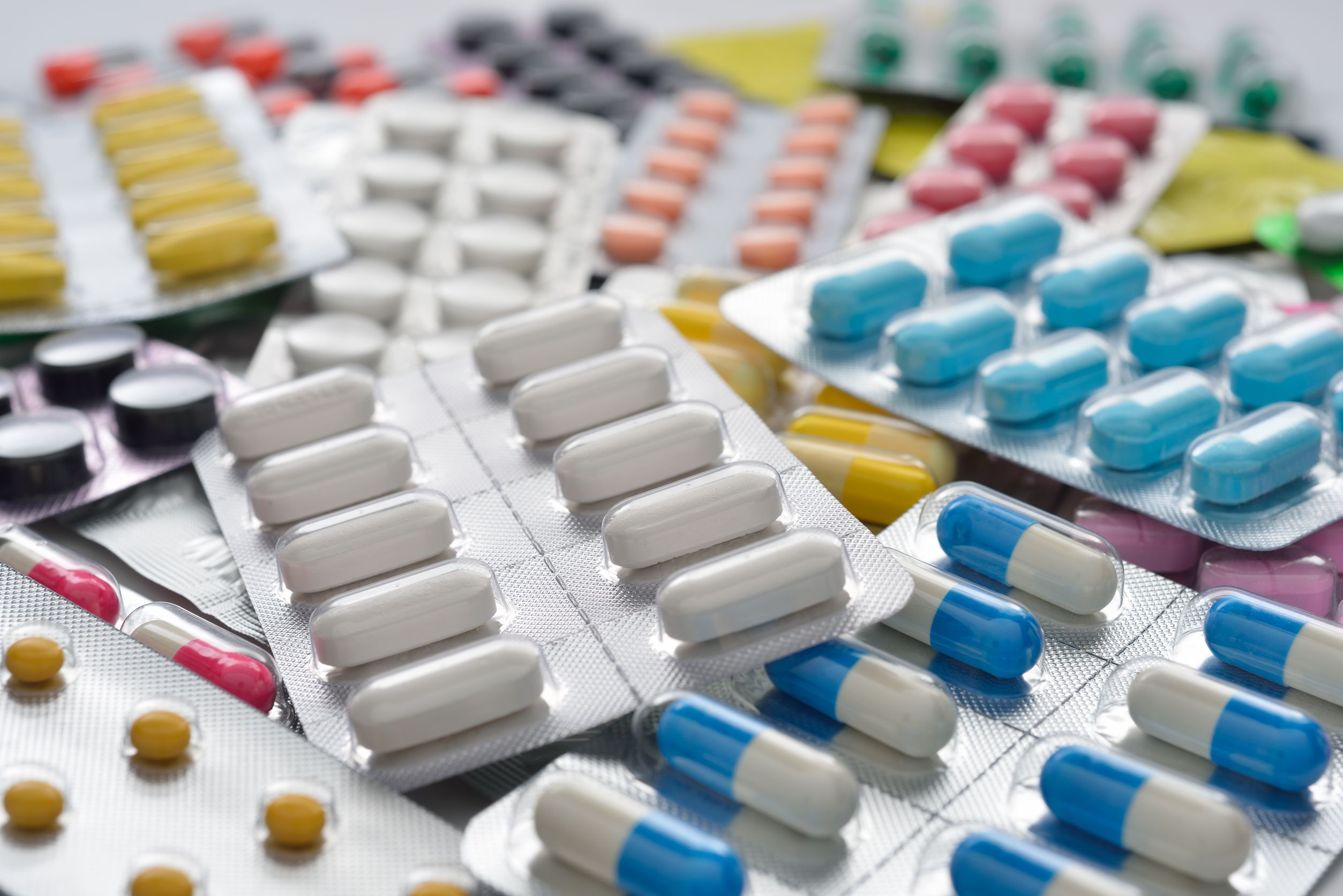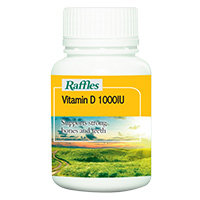Tips to Prevent Falls in the Elderly
‹ Back
 ‹ Back
‹ Back

Falls among the elderly are more common than you think. According to the Health Promotion Board, approximately 30% of older people aged 60 years old and above had experienced at least one fall. For young people, falling is a trivial affair; they may get away with some cuts and scrapes, or a bruised ego.
The same cannot be said for the elderly, however. For them, falls often end up in severe physical injuries, many of which have long lasting physical and mental health effects. This not only places a toll on those who fell, but also on their caretakers as well. As such, it is important to protect the elderly from falls.
Follow these tips to prevent your elderly parents from falling:




Do a Medication Check
Some medications can cause drowsiness, which puts the elderly at an increased risk of falling. If your elderly parents are at risk of falls, talk to their doctor about the falling risk and prescribe alternative medications.
Get a Sight Test
As people age, their sight will slowly degenerate, or develop conditions like poor vision, cataracts, or glaucoma. This may lead to a loss of balance and increase their risk of falls. If you suspect your elderly parents’ sight aren’t as good as before, take them for an eye test and update their glasses prescription.Check Your Home for Hazards
If you think your home is a haven from falls, think again. Falls in the elderly most commonly happen at home, many of which are preventable. Make your home safer by taking the following precautions:- Install handrails in bathrooms, beside the toilet and in the shower
- Store frequently used items within easy reach
- Ensure your home is well lit
- Clear up clutter to allow unobstructed movement
- Keep floors dry
Get Enough Vitamin D
As you get older, maintaining adequate nutritional intake is more important, especially vitamin D. “A lack of vitamin D in the elderly increases their risk of falls”, says Dr Nur Farhan Alami, Specialist in Geriatrics & Consultant, Raffles Internal Medicine Centre. “As it is obtained from food and sunlight; those with a poor appetite and stay indoors may not get enough to meet the daily required amount. If they are vitamin D deficient, they should consider taking a supplement.” Aside from maintaining bone and muscle strength, a recent study has revealed that Vitamin D is also important in supporting healthy brain function1. Getting enough vitamin D may also reduce the risk of cognitive diseases, such as Alzheimer’s disease and dementia, from developing. Depending on your elderly parents’ lifestyle and diet, they may need up to 20 micrograms, or 800IU of vitamin D per day.
Keep Fit
Exercise strengthens the muscles and improves mobility and balance. In turn, it improves the elderly’s balance and the way he or she walks, lowering their risk of falls. The exercise regime should consist of:- Endurance exercises - Increases the body’s ability to deliver oxygen and nutrients throughout the body
- Strength training – Prevent the loss of bone and muscle mass and improves balance
- Balancing exercises – Helps build up leg muscles
- Stretching – Prevents injuries after your workout and improves flexibility



















